Ian Wright interview: Arsenal legend on Arsene Wenger, David Dein and the paternal figures who shaped him
Exclusive interview: The former Crystal Palace and Arsenal man discusses his journey from the building site to the top of the English game, and reflects upon those individuals who helped him along the way

Your support helps us to tell the story
From reproductive rights to climate change to Big Tech, The Independent is on the ground when the story is developing. Whether it's investigating the financials of Elon Musk's pro-Trump PAC or producing our latest documentary, 'The A Word', which shines a light on the American women fighting for reproductive rights, we know how important it is to parse out the facts from the messaging.
At such a critical moment in US history, we need reporters on the ground. Your donation allows us to keep sending journalists to speak to both sides of the story.
The Independent is trusted by Americans across the entire political spectrum. And unlike many other quality news outlets, we choose not to lock Americans out of our reporting and analysis with paywalls. We believe quality journalism should be available to everyone, paid for by those who can afford it.
Your support makes all the difference.For someone as endearingly ebullient as Ian Wright, it’s amazing to think there was ever a period in his life when he was restrained, unsure of himself. Especially in any kind of football setting.
But this was exactly the case when he first started as a professional at Crystal Palace, relatively late for a footballer at 21 years of age, in scenes that sound an awful lot like bullying.
“I remember incidents when I’d go down for dinner, and I’d get teased for ordering sirloin steak and sauté potatoes and stuff like that,” Wright tells The Independent. “There’d be comments like ‘Do you have steak at home, you don’t even know how to spell sauté potatoes?’
“This would be from guys calling me ‘a 20-minute player’. I remember those times. It was really intimidating to the point I stopped coming down.”
One specific person, however, started to notice. And it is a person that Wright credits with changing his entire outlook on football, and even life: his manager.
“Steve Coppell came up to me and asked ‘Why are you not coming down?’” he says. “He explained to me why you cannot let people dictate your life to you, and make you feel you have to act differently. ‘What’s the worst that can happen? They don’t like you any more than they do already?’ He was the one that made me realise I want to face that problem.
“That was the kind of person he was. He always spoke to me in a way where he was telling me something, to do something right.”
Wright went back down to dinner and the rest is goal-laden history.
In reflecting on this period of his past, the Palace and Arsenal legend has already been admirably vocal on his difficult upbringing, explaining how his teacher Sydney Pigden was “the first positive male figure” he ever had.
Wright is speaking now for a Gilette campaign ahead of Father’s Day, and wants to pay specific praise to the people in football who he felt had a similar paternal influence. They were former Palace chairman Ron Noades, former Arsenal vice-chairman David Dein, former Arsenal managers George Graham and Arsene Wenger, and of course Coppell.
It is testament to their influence that Wright is now the sort of person you can put one single question to and then just let him off, as he speaks at length about an issue in the most engaging and enthralling way.
He is joyously comfortable in himself, and he credits people like Coppell for that.
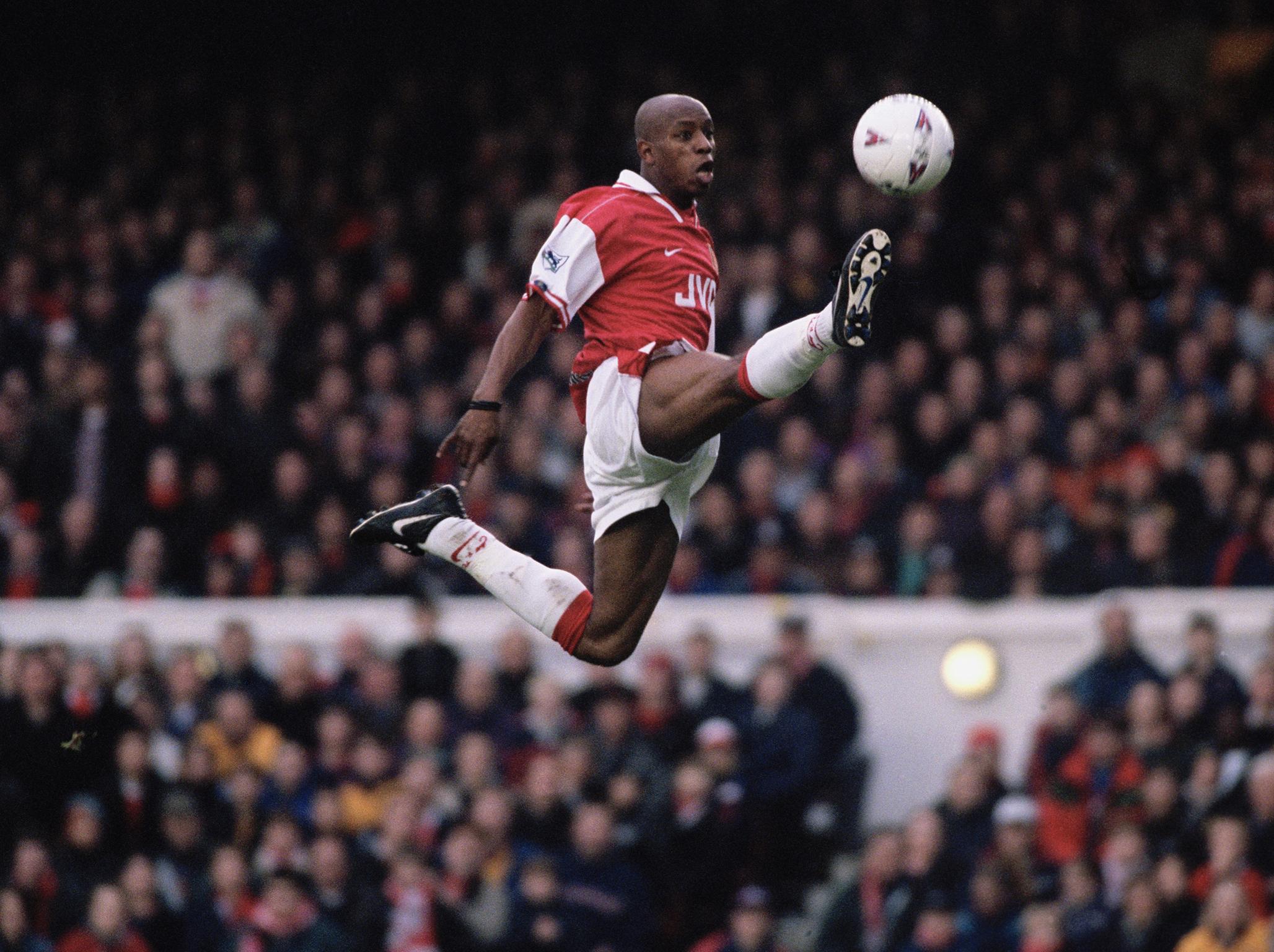
“You’ve got to remember, I came in straight off the building site, straight into Steve,” he says of that first introduction to professional football at Palace, in 1985. “He was somebody that obviously recognised I might be able to do something, and he was somebody that was always very strict with me. It was what I needed.
“He also told me ‘If you don’t know, just ask. Whatever company you’re in, if there’s something you don’t understand, ask.’ He gave me that kind of wisdom.
“That was the kind of person he was. And I recognised that really early. He was really honest with me. He said to me, when I was having all the problems at Palace early days, ‘Listen, things will change, and you are going to be a big part of what happens here. There are going to be people that will not be here, and you’ll see how easier it will be for you. Like I’m saying to you, trust yourself.’
“And you know, I was there ‘What are you talking about man?’ But obviously next season, Mark Bright came in with the rest of the guys and made me a component in the team and all of a sudden you see what he’s been saying.”
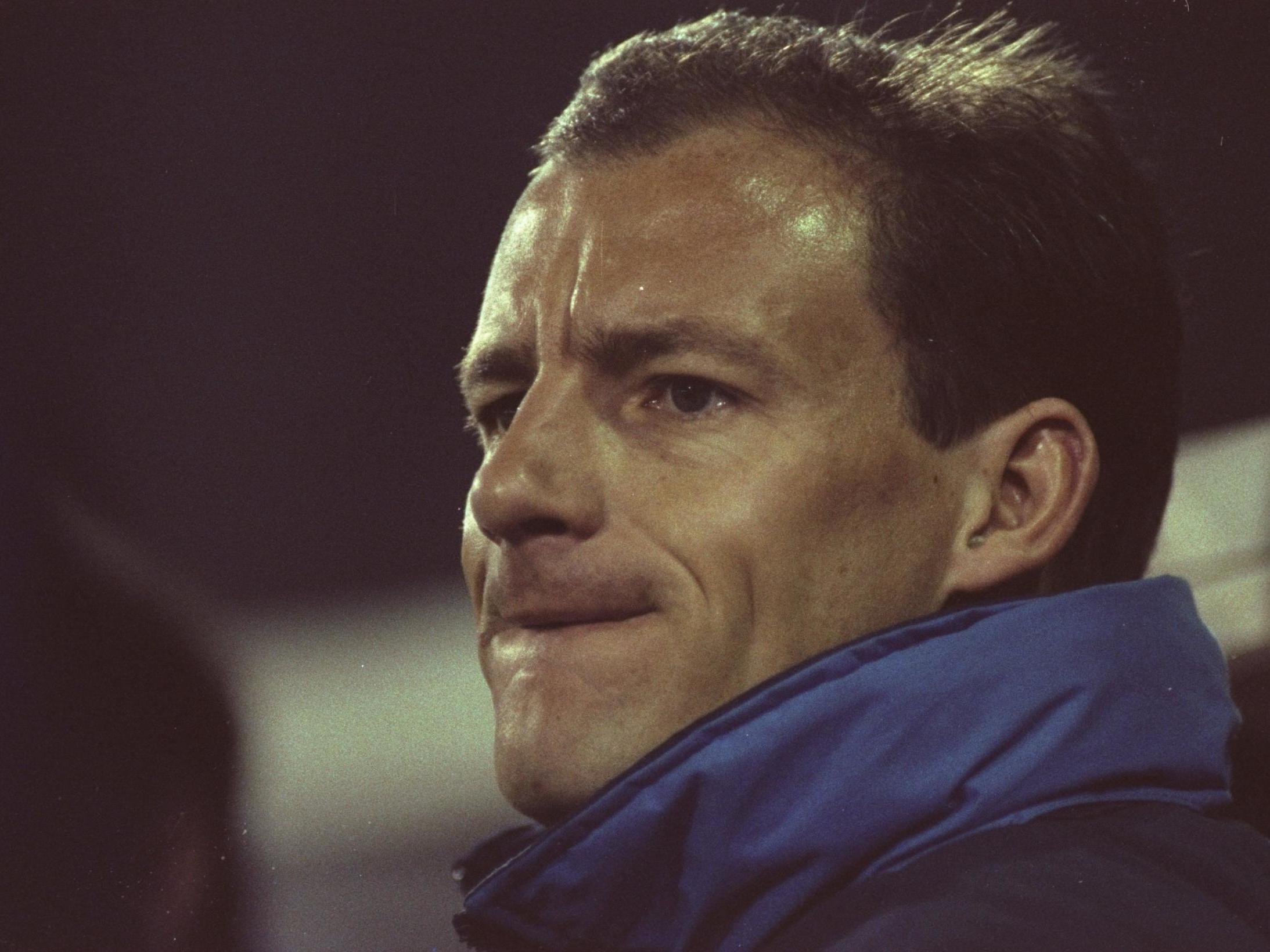
Everyone else began to see the real Ian Wright – which was a brilliantly expressive entertainer and footballer. Just as with his personality, it’s remarkable to think there was a time when he felt restrained on a football pitch, too. That, however, was one reason why he came into the professional game so late.
“I felt confident to a certain extent, I was playing Sunday morning football and I was doing OK, but every time I went for trials, 12 to 17, [Leyton] Orient and all these places, Charlton [Athletic], I didn’t get into them. My confidence was low. The only football trial I ever got through was Palace. Once I got there, I thought to myself, ‘I’m going to do my thing, I’m going to play how I play’. And I remember, after, the first trial, Steve Coppell spoke to me – because I was trying things; skill; shots from ridiculous distances; scoring goals; going past people – and he said ‘Never change the way you approach a football match.’”
Wright used to get criticism from some senior players for giving the ball away in certain areas. While Coppell explained the forward had to learn to use the ball responsibly, he insisted that shouldn’t be the detriment of Wright’s expressiveness on the pitch.
“Coppell always told me ‘They don’t want to lose the ball and have to chase back towards their own goal because people will roast them, so they’re blaming you for not protecting them. It’s natural. Don’t worry about it, but don’t change the way you play. Have confidence in what you do, because what you do is what a lot of people out there can’t do.’ He gave me the confidence to make me feel I was the only person out there who could do what I could do.
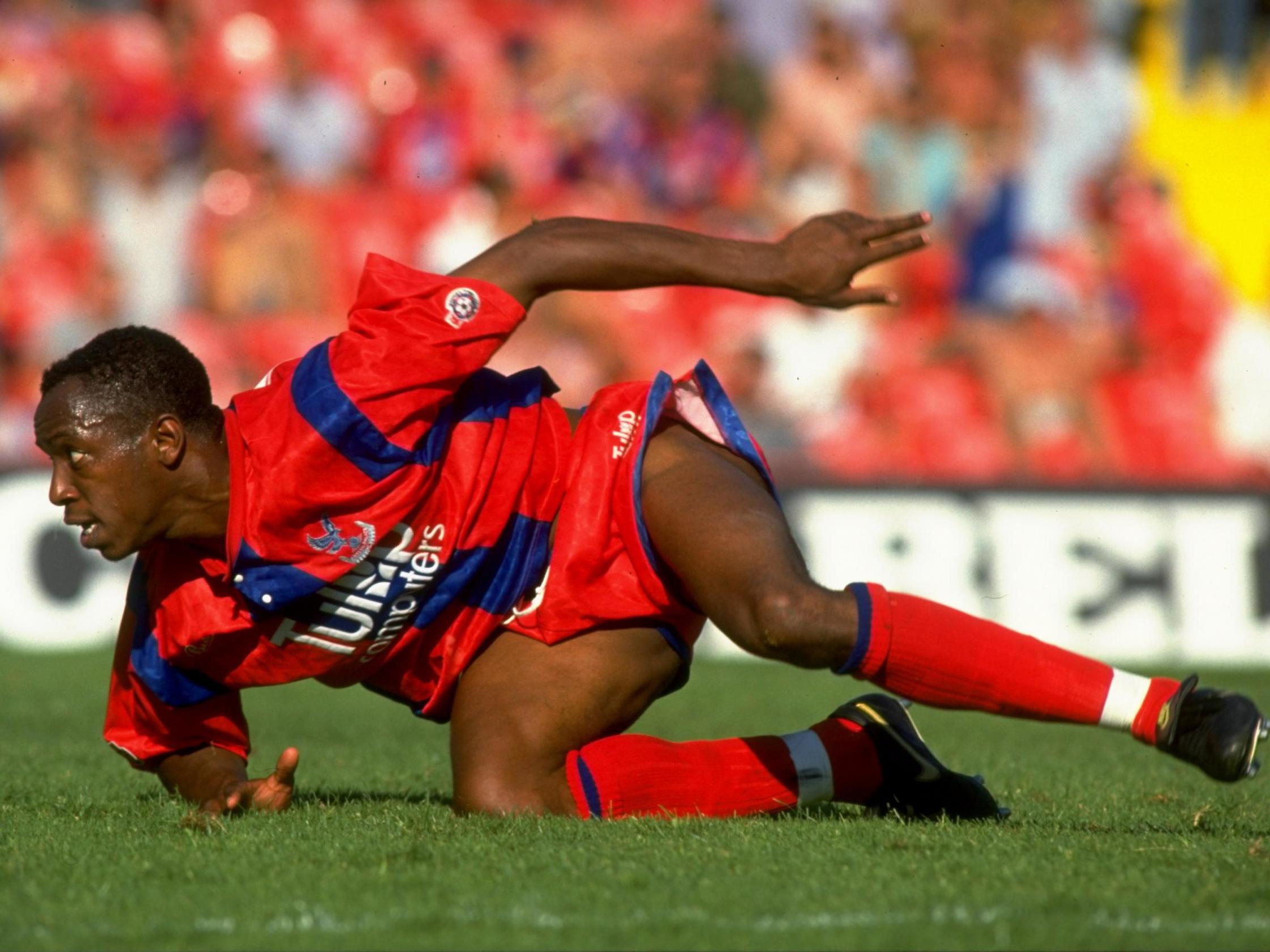
“And remember I was going into the professional game, so I’d start a game and it wouldn’t work out so well, then I’d come on for 20 minutes and do well, so they’d say I was a ‘20-minute player’. Of course I had major doubts, thinking ‘This isn’t going to work out’. Remember, when I signed for Palace, it was only for three months. Steve Coppell wanted to sign me for more, but Ron Noades, he genuinely couldn’t afford it to the point where he had to wait to see if it was going to happen for me. Steve Coppell always said it was going to be fine. I wasn’t used to it at all, somebody having total faith in me like my teacher Mr Pidgen, somebody that you don’t want to let down.”
He believes Coppell’s influence goes even deeper.
“He was always hard with me but fair. If I for instance started to get above my station in training, he’d always pull me back, and he’d do it in front of people. It was something I could easily accept, because it was someone who saw me from inception. So he’s the one who moulded me, out of everyone, the one who made me what I am, my work ethic, how I treated people, how I treated trialists.
“So when people like John Salako came in, he was a nightmare some of the time, shooting and not crossing, then you’d have a go at him, Steve Coppell would be saying: ‘Don’t you remember what was happening to you. Don’t pass that on.’ So we made sure we took him in.
“Steve Coppell changed everything about how I am as a man today.”
Dein then helped changed what Wright was as a player, and took another leap of faith in him. Wright was 28 at the time of Arsenal’s interest in 1991, when the club were English champions and there was some debate over whether they should sign a player at that age. Palace wanted £2.5m but Graham wanted to pay no more than £2.25m.
“David Dein was the one that got that extra 250 over the line. He showed faith in me, right from the start.
“I remember David Dein saying to me” – Wright at this point slips into what sounds a perfect impersonation – “‘You are going to be magnificent here. The fans are going to love you, you are exactly what we need.’
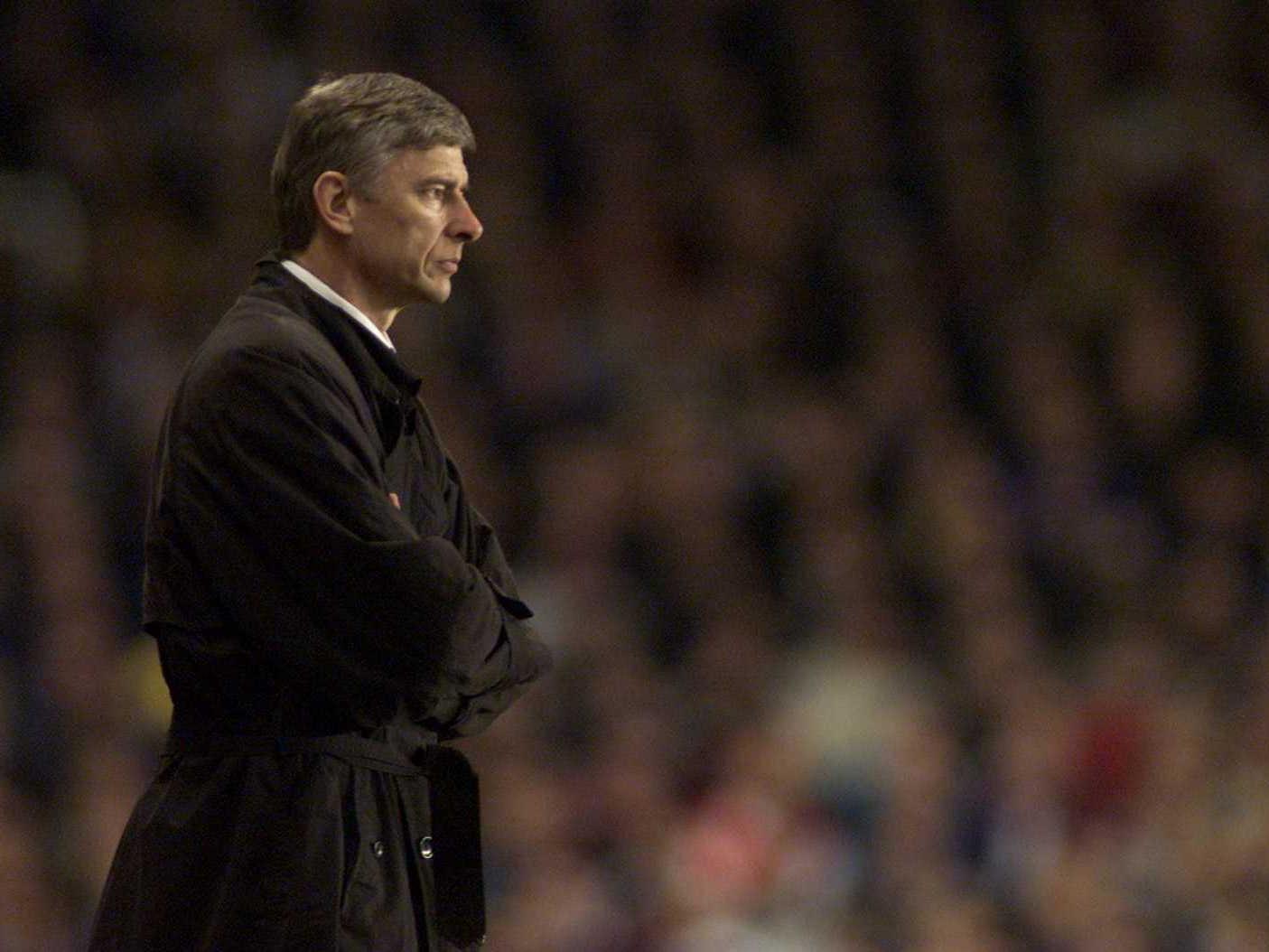
“He used to come in and see us all before a game started, shake everyone’s hand, and would say to me ‘There’s a goal in you’. And he’d say it to me every time, with a smile.
“He’s somebody I now speak to every day. We text. Any problems I’ve had, I could phone David Dein at two or three in the morning, and he’ll answer the phone. Problems I’ve had in the last five or six years, without David Dein I wouldn’t be where I am today.
“When you see what David Dein is doing now with the prison system, trying to give people a chance, that’s his whole life. He’s got an MBE, he should be knighted.”
It was because of Dein’s intervention that Wright got to learn from two very different managerial and paternal influences: Graham and Wenger.
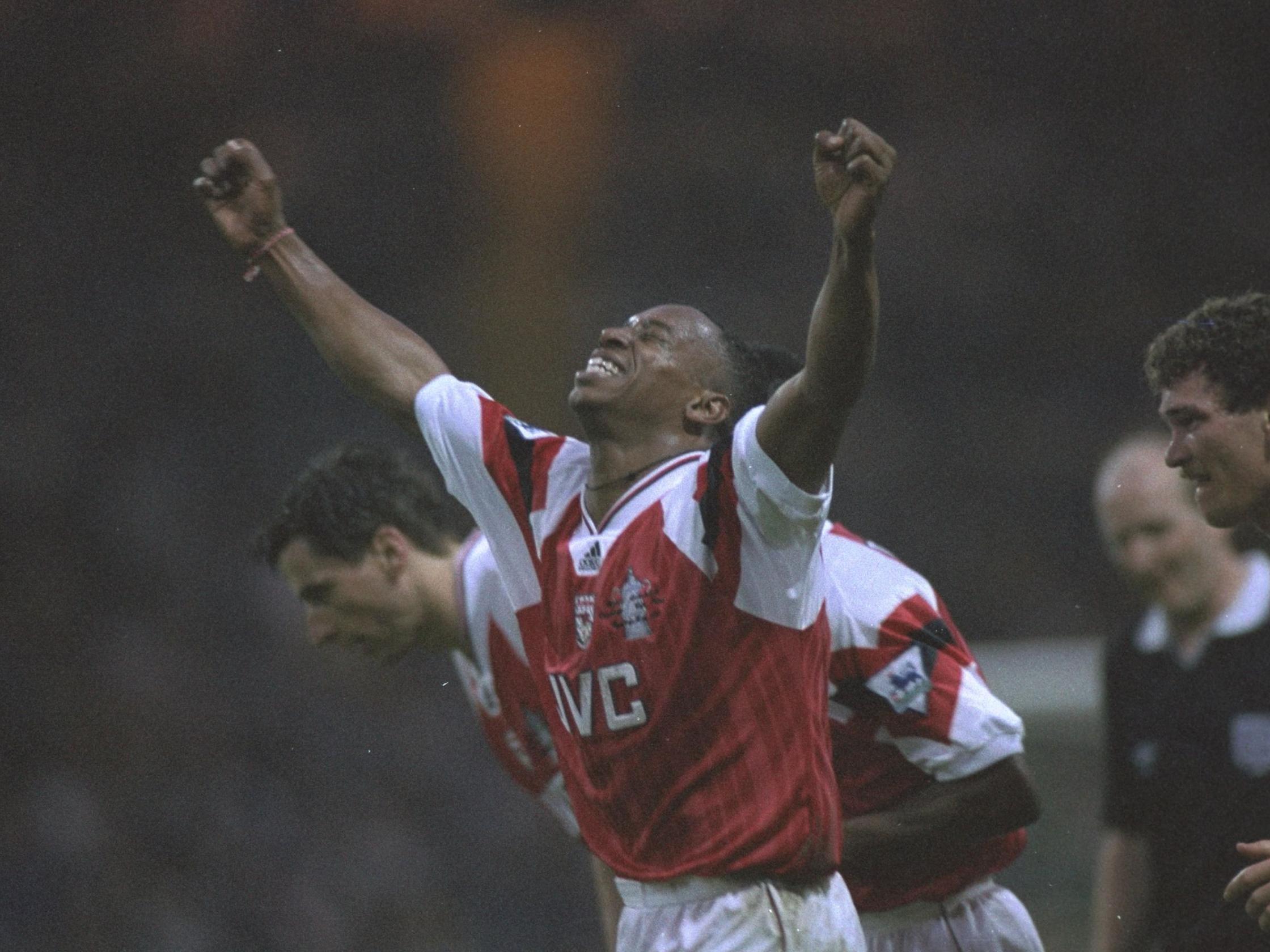
“The way Arsene Wenger was, we’re talking about someone who was up there with the very best. He got it down to the fine detail, to the point where he spoke about where your toe should go down in your boot, to play better. He took it to a scientific place, whereas George Graham was very much mental, and carrot and stick.
“It was like being on a chain gang. ‘You work because if you do, that is what will happen, then you’ll get this.’
“I remember with George Graham, my league debut at Southampton, I scored a hat-trick. I’m not sure how many Arsenal players on their league debut scored a hat-trick. All he said to me was ‘Well done, good game’.
“I remember afterwards, the lads, I’d only been around them a week, so they all came over, ‘Brilliant’, ‘Well done’ but ‘Don’t expect anything from him!’
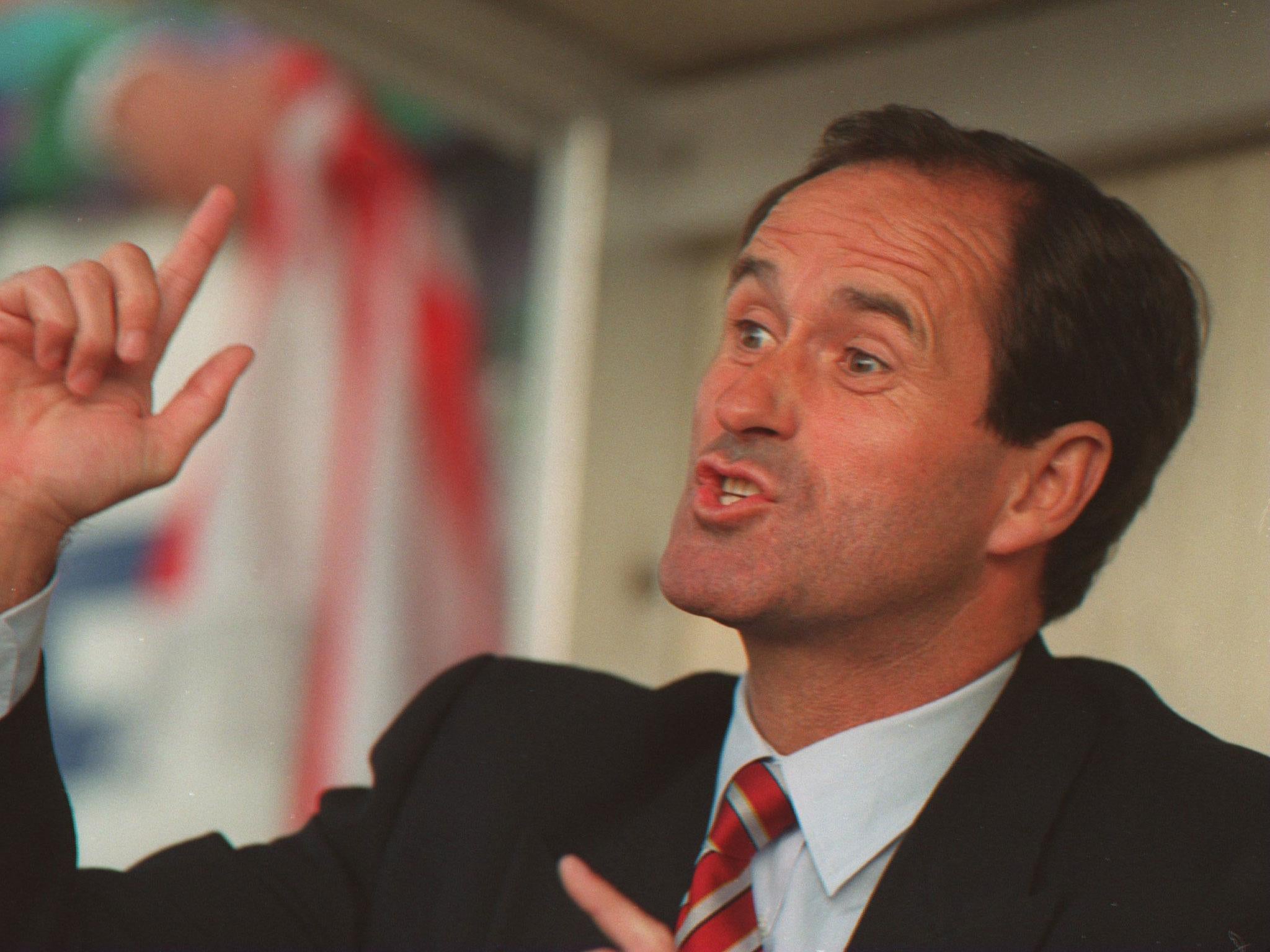
“He was that kind of father figure in your life, where you could never please him, but all he’d need to do was look at you and smile, and you’d feel like a million dollars.
“That’s what some dads are like, and then when you get older you realise why they were doing what they were doing. Whereas Arsene Wenger just wanted to pass on wisdom.
“He’d talk to you the way your granddad would speak to you in respect of giving you wisdom. You just wanted to please him. Giving you a responsibility about what you do.
“Two different things, and I needed them both."
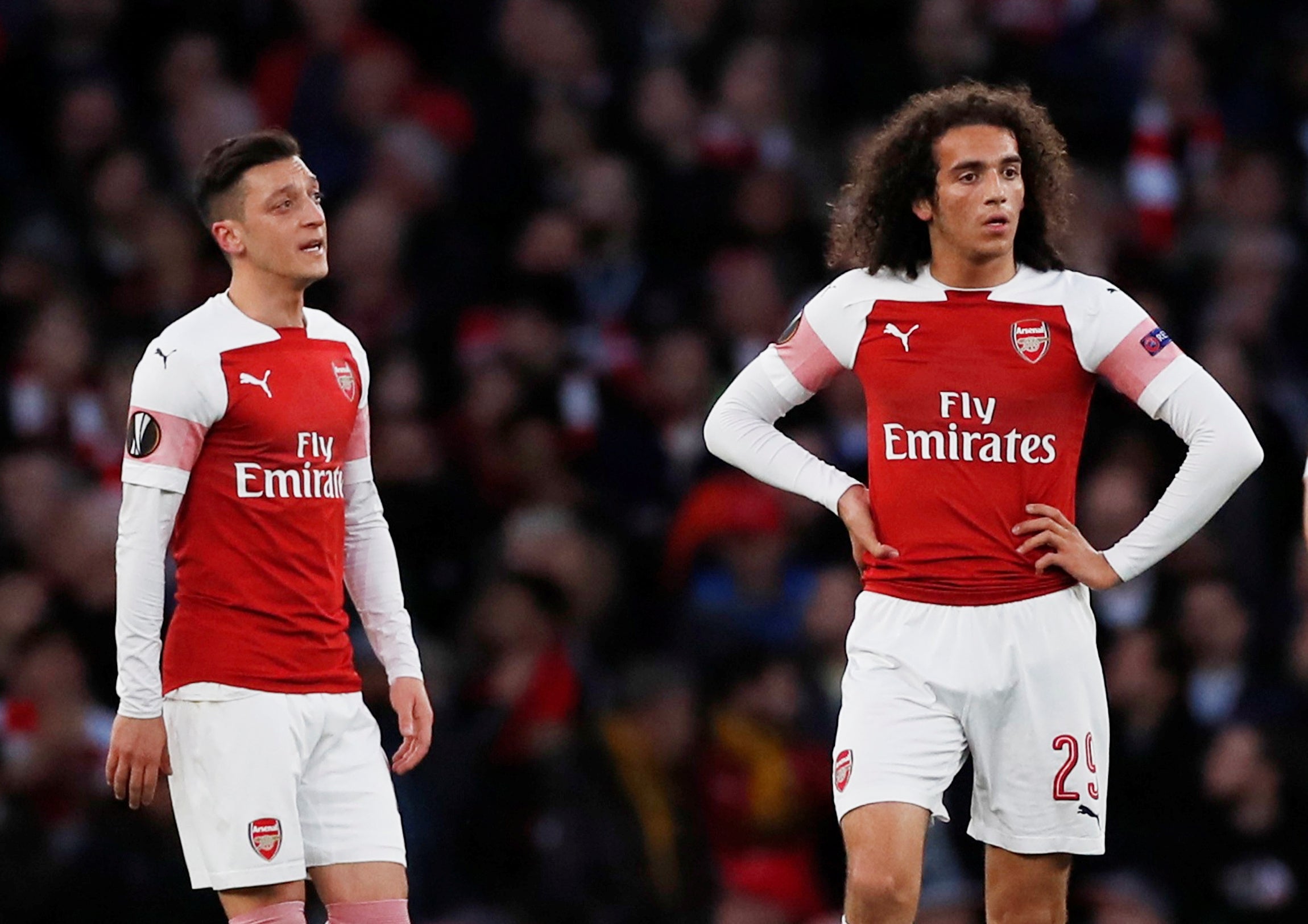
He also feels young players in modern football need this kind of greater guidance now, precisely because the game has changed so much from what Wright came into. It actually makes the issue all the more relevant.
“With the modern player, from the age of eight or nine, they’re in academies, they have all the football kit, they have this regimented way about them, everything is perfect… but if things start going a little bit awry, they’re looking around ‘What’s going wrong here, what’s happening? This isn’t the perfect world, this isn’t right, this isn’t how it’s meant to be.’
“I think that the modern-day footballer, because everything is given to him, especially if you’re an elite player in the academy, your hardship is going to come when you start playing for a top team, and you get criticism, and people are going at you. ‘Why isn’t this happening for me? Why’s it like this? Why am I getting so much abuse?’ It’s more difficult for them because of the way they’ve been brought through. They’ve been guarded and shielded from the real world, until they get out there, and all of a sudden social media is in your face like you never believe. It’s something you have to deal with there and then, and that’s why you see some of them struggle to deal with it.”
Some have struggled with it so much, in fact, that they have directly sought out Wright for help. He has offered guidance to a number of top modern players, even if he himself is too humble to want the actual names out.
“When they get in touch with me, I tell them exactly what I think. I make sure they know I love them so much, but I’m going to let them know ‘You’re not doing this, you’re not doing that, and the reason is it’s in training, are you doing this, are you doing that, what you doing late at night, are you getting rest?’ I say all that stuff.”
At this point, he sounds a lot like Coppell, Dein, Wenger and a combination of all his paternal influences in football.
“The lessons have been invaluable.”
This Father’s Day, Gillette is celebrating all the role models that help you be your best. Join Gillette in thanking the people who’ve made a difference in your life. #MyRoleModel Hear Ian’s story.
Join our commenting forum
Join thought-provoking conversations, follow other Independent readers and see their replies
Comments